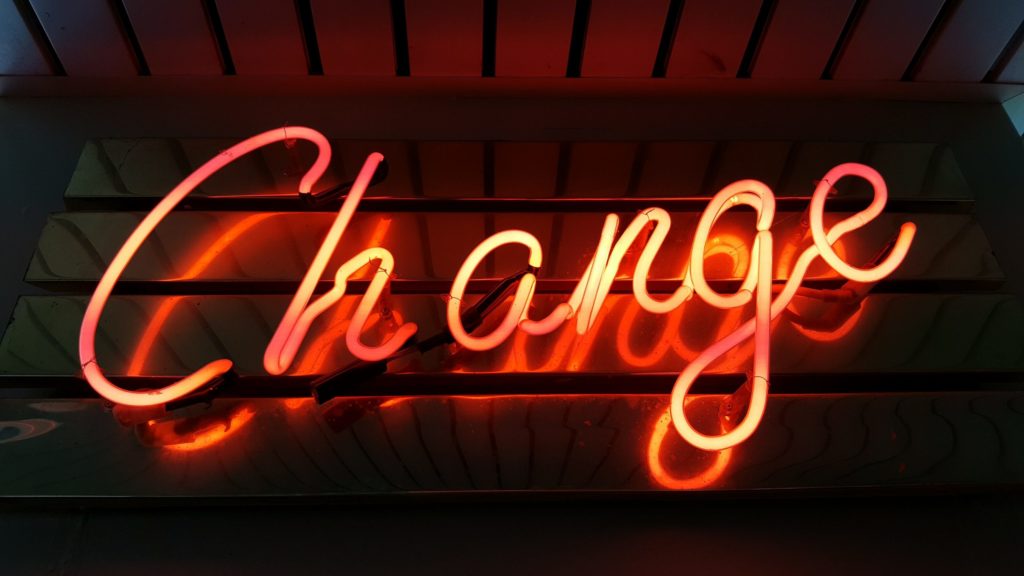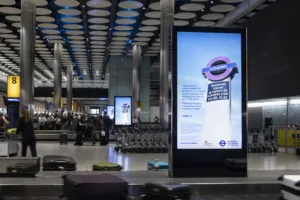By Christian Kinnear, HubSpot Managing Director, EMEA
It is well known that necessity is the mother of invention. And nothing has represented necessity more than the last few months when new problems have needed to be solved but financial resources and helping hands have been much harder to come by.
Following the 2008 financial crisis, disruptive companies such as WhatsApp, Slack, Airbnb and Uber emerged. The one commonality between those brands? Experience Disruption. Each one of these now global businesses used technology to make it incredibly easy on the customer to do business with them. You can’t find a hint of friction in their customer experience.
We are now in the middle of another global crisis. Even companies with strong finances are putting all projects that are not vital to survival on ice or delaying the recruitment of fresh new talent. While in many cases this is stalling innovation, the brands who win out will already be planning to disrupt experiences of their own as subtle (or not so subtle) shifts in consumer behaviour emerge.
Caution is good, innovation is better
Across the world, the Corona crisis has revealed the digital readiness of businesses of all shapes and sizes. But while the ability to work from everywhere acted as an immediate stress test for the digital dexterity of a business, what comes next? When the perspective switches from survival to growth, how will the organisations react, adapt and thrive?
Now is the time to act, not to sit out. And a lot is already happening! The Government has made £20million available for ambitious technologies to help build UK resilience following the outbreak. Grants of up to £50,000 will be available to technology and research-focused businesses to develop new ways of working and help build resilience in industries such as delivery services, food manufacturing, retail and transport, as well as support people at home in circumstances like those during the coronavirus outbreak.
Innovation including technology predicting and coping with spikes of consumer demand and improved supply chains, booking processes for essential services, edutech and socially benevolent initiatives are all being actively sought as the country seeks to emerge from the crisis positively.
But even away from the absolutely necessary innovation required to make it through the current crisis, experience disruption is brewing. The post-pandemic world we’re approaching will be different from the one we knew before lockdown. This represents a challenge laid out before businesses of all shapes, sizes and industries; can they challenge the status quo. From more homeworking, less business travel, unfortunately more job seekers, there are a whole host of new behaviours that will require experience disruption.
Companies that recognise the changing nature and expectations of the consumer and that create the best customer experience possible through personalisation, ease of purchase or value delivery will be the ones we’re talking about for years to come. Even if that disruption isn’t in their roadmap, and even products or ways of working that have been cobbled together with the digital gaffer tape can lead to bigger, better things.
Maybe in times of COVID-19 these ideas are only by-products, simple hacks or temporary fixes but longer term, they may have the potential to be much, much more.
Laser-focus on the customer experience
The more these businesses invest in customers, the more investors will be rewarded and the keener the focus on good customer experience, the better the product will get.
This approach requires a focus on the decisions that will deliver the greatest customer experience, and that makes all the difference. It also means turning away from developing the ‘perfect’ products. Whether start-up, medium-sized business or corporate group, in the next few months every company will have to show whether the management buzzwords “customer focus”, “agility” or “error culture” are just talk, or are genuinely part of the corporate culture.
The course is set for the disruptors of the near future, and, those who will be disrupted.









